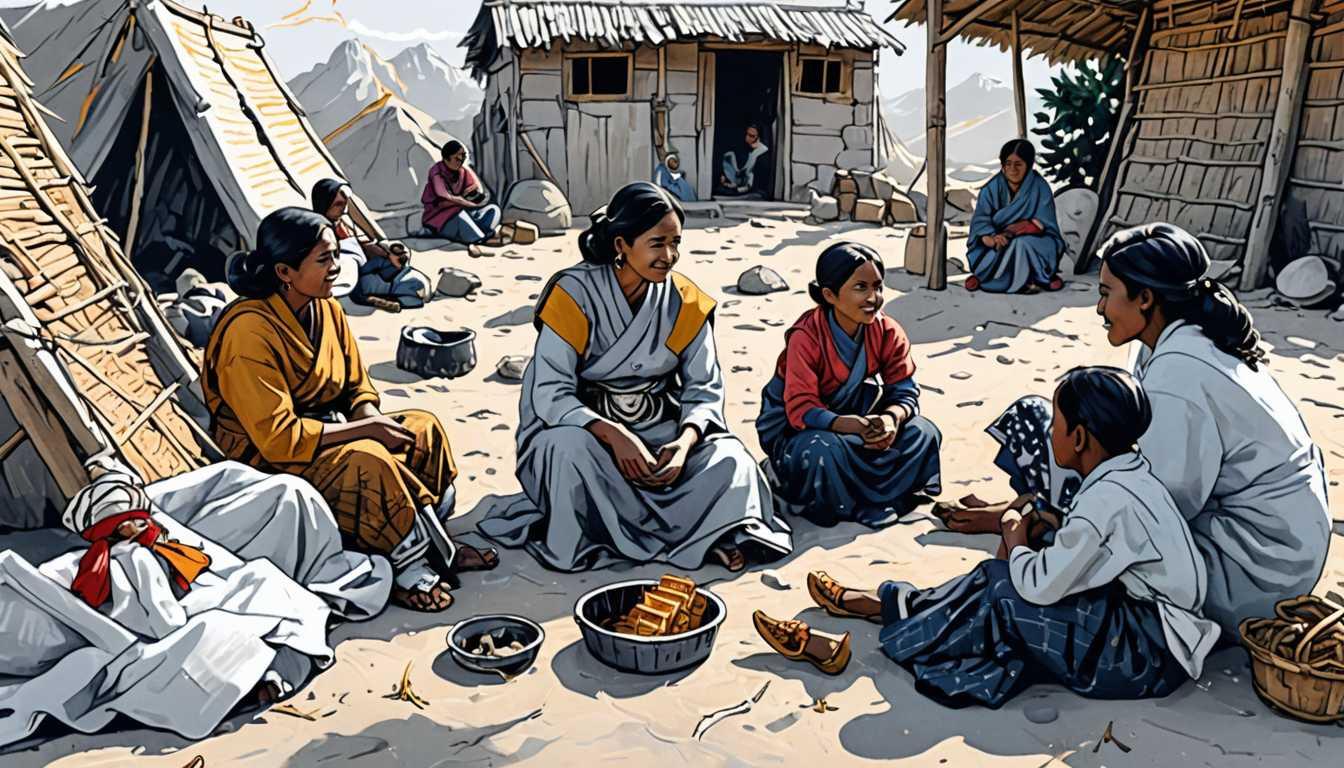Fair Wages: Revolutionizing Childcare Labor
July 2024
Cornell News Highlights
Introduction
Ever wondered about the unsung heroes behind childcare? Dive into the intriguing world of childcare workers' fight for fair pay and recognition. Discover the fascinating journey of the Worthy Wage movement in this eye-opening article by Justine Modica, featured in Cornell News Highlights.
READ FULL ARTICLEWhy It Matters
Discover how this topic shapes your world and future
Unveiling the Worthy Wage Movement
In the late 20th century, a significant movement known as the Worthy Wage movement emerged to address the undercompensation of childcare workers in the United States. Led by passionate activists and childcare providers, this movement aimed to highlight the essential nature of childcare work and advocate for fair wages and better working conditions. Justine Modica's research sheds light on the historical context and impact of this movement, emphasizing the importance of valuing and supporting those who care for our children. As more parents entered the workforce, the demand for childcare services grew, yet the workers in this industry were often underpaid and undervalued. The Worthy Wage movement sought to redefine the relationships between workers, employers, and families receiving care, ultimately striving for a more equitable and sustainable childcare system. By understanding the challenges faced by childcare workers in the past, we can appreciate the ongoing efforts to improve the quality of childcare and support those who dedicate themselves to this vital profession.
Speak like a Scholar
Labor Activists
Individuals who advocate for the rights and fair treatment of workers in various industries.
Undercompensation
The act of not adequately compensating or paying workers for their labor and services.
Movement
A collective effort or initiative aimed at bringing about social change or addressing specific issues.
Worthy Wage
A term used to describe the concept of providing fair and just compensation for labor and services rendered.
Childcare Labor Crisis
A situation where the workforce in the childcare industry faces challenges such as low wages, poor working conditions, and lack of recognition.
Public Funding
Financial support provided by the government or public institutions for specific programs or services, such as childcare.
Independent Research Ideas
Exploring the Impact of Childcare Policies on Workforce Participation Rates
Investigate how changes in childcare funding and support affect the employment rates of parents, particularly mothers, in different regions.
Analyzing the Long•Term Effects of Fair Wages on Childcare Quality
Conduct a study on how improving wages and benefits for childcare workers can enhance the overall quality of childcare services and children's development outcomes.
Comparing International Childcare Labor Movements
Research and compare historical and contemporary movements advocating for fair wages and rights for childcare workers in other countries to gain a global perspective on this issue.
Examining the Role of Unions in Improving Working Conditions for Childcare Providers
Explore the impact of unionization on advocating for better pay, benefits, and working conditions for childcare workers in non•publicly funded settings.
Investigating the Intersection of Gender Equality and Childcare Labor
Delve into how societal attitudes towards gender roles influence the compensation and recognition of childcare workers, and propose strategies for promoting gender equality in the childcare industry.
Related Articles

Money Matters: Social Ties in East Africa
September 2024
MIT News

Gender Preferences: A Sociological Perspective
July 2024
Cornell News Highlights

Gentrification: The Global Game of Monopoly
October 2024
JSTOR Daily

Child Care Wages: A Crisis Uncovered
October 2024
UC Berkeley NewsCenter

Helping Families Move Up: A Bold Intervention
May 2024
MIT News